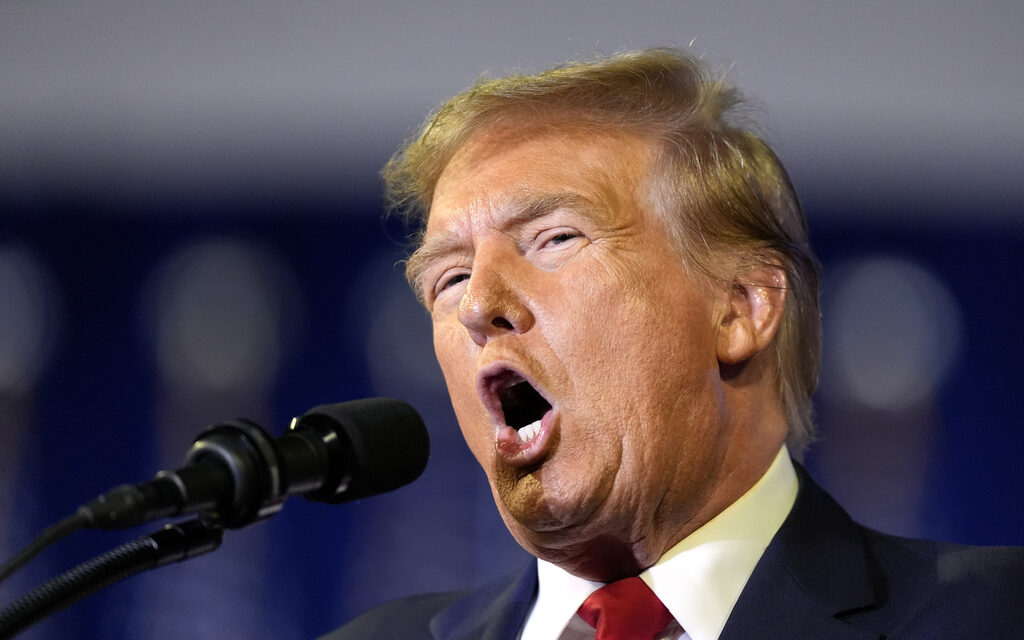By Catherine Pugh
Special to the AFRO
“No person shall be a Senator or Representative in Congress, or elector of President and Vice President, or hold any office, civil or military under the United States, or under any State, who, having previously taken an oath, as a member of Congress, or as an officer of the United States, or as a member of any State legislature, or as an executive or judicial officer of any State, to support the Constitution of the United States shall have engaged in insurrection or rebellion against the same, or given aid or comfort to the enemies thereof. But Congress may by a vote of two-thirds of each House, remove such disability.
~ 14th Amendment, Section 3
The United States Supreme Court convened at 10 a.m. on Feb. 8, 2024, to hear the State of Colorado’s case against former President Donald Trump, an effort to keep him off their ballot for their state’s Republican primary on March 5.
The justices bantered back and forth for nearly two-and-a-half hours while listening to the arguments being presented by Trump’s attorney Jonathan Martin, who argued that the Jan. 6, 2021 event, “was not an insurrection but a riot.”
Jason Murray, who presented the case on behalf of the State of Colorado said: “The state has the right to run its own election and should enforce the 14th Amendment, Section 3.”
The Colorado State Supreme Court had ruled that Trump did incite the riot that led to the events of Jan. 6, 2021.
Both attorneys have asked that the case determining whether the former president can be on the ballot in Colorado be decided quickly and before Super Tuesday, March 5. The precedent for quick decisions by the Supreme Court was set in 2000 when the court issued its decision in Bush vs. Gore, which handed the presidency to George W. Bush.
It normally takes the Supreme Court three months to make its decision. The justices’ hearing of the case has already placed it on a fast track.
President of the University of Baltimore, an attorney and former mayor of Baltimore City, Kurt Schmoke said, “The Supreme Court could write an opinion pointing out that the matter should have been defined by Congress—that would be a win for Trump.”
What will happen in the upcoming days according to Schmoke is, “one of the judges will be assigned as the principal drafter of their decision and it will be sent around to their colleagues, and then the decision will be issued publicly.”
The decision could impact future challenges to candidates’ eligibility for the White House, such as in Maine’s effort to bar Trump from the 2024 ballot.
The post Supreme Court hears Colorado’s challenge to Trump’s candidacy appeared first on AFRO American Newspapers.











